Fatal fashion
How important is it for you to keep up with the latest trends? Would you be willing to sacrifice your health? Learn more about the fatal history of fashion and trends.

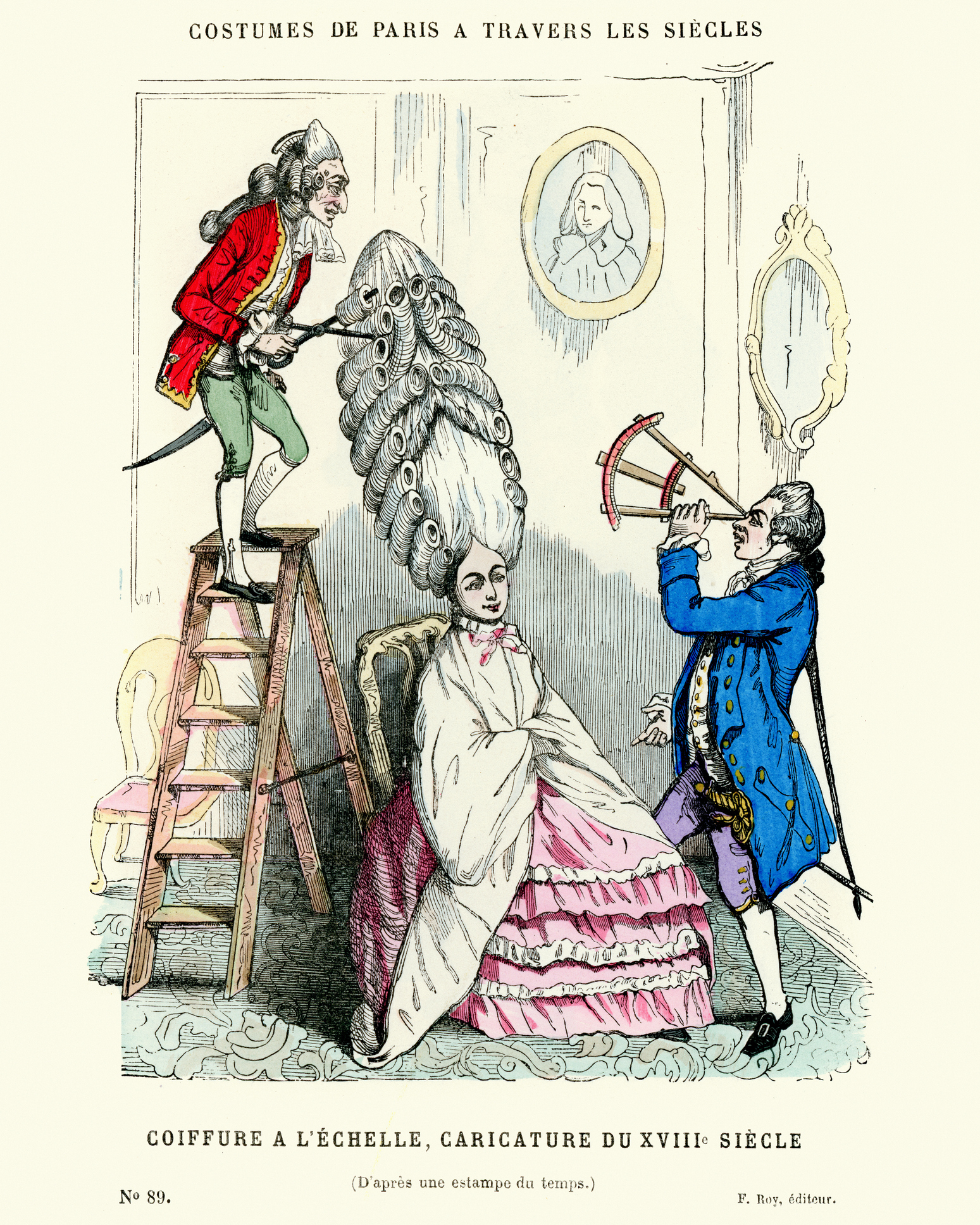
Trends through the ages
Today, it can be easy to think of fashion as something new because we see it so much on social media and the Internet. But fashion has been important for hundreds of years in many cultures. We like some types of fashion and don’t like others. Some fashion can actually be dangerous or even life-threatening.
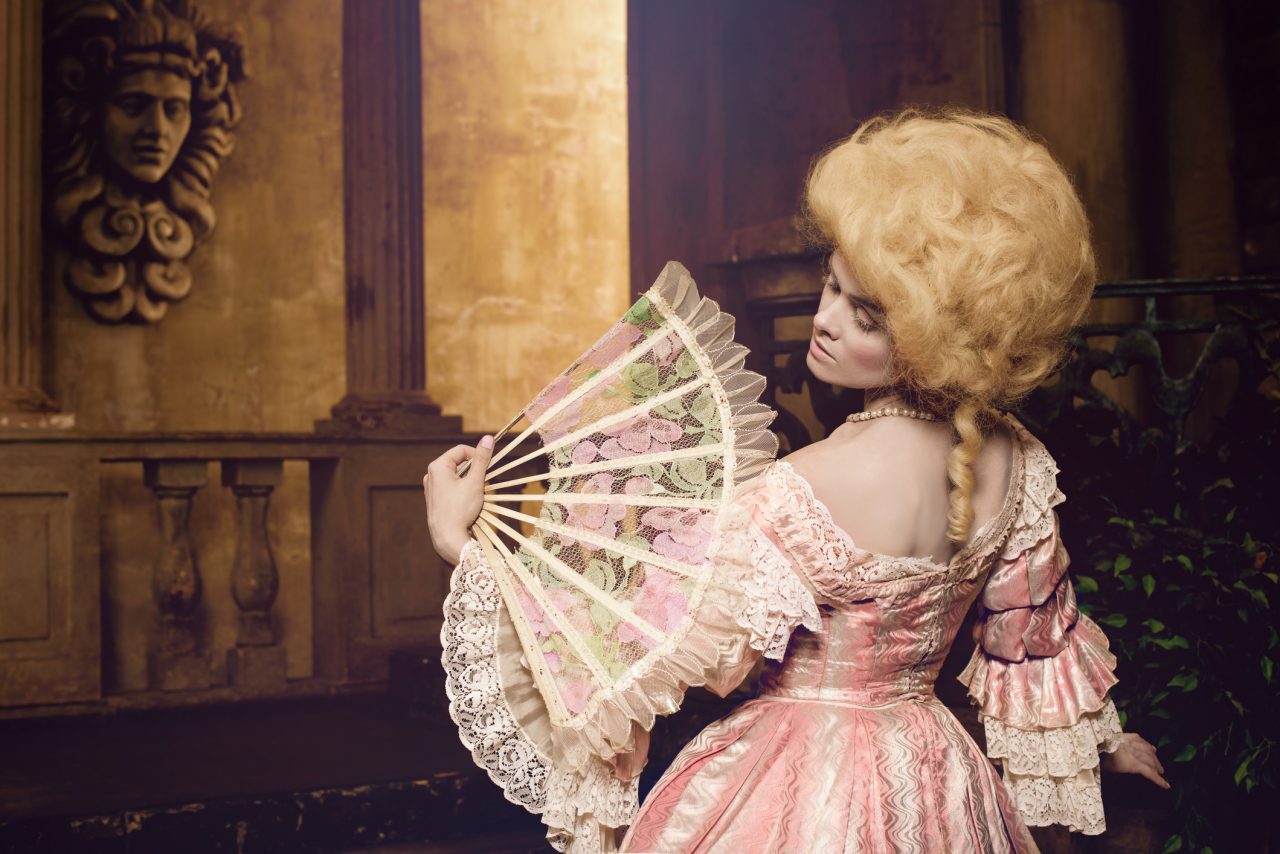
Sponge cake trend
Let’s take a look back in time before we look ahead. Fashion for French women in the 18th century was extreme: they had big dresses, narrow waists, pale skin and high hair. This was neither easy nor healthy.
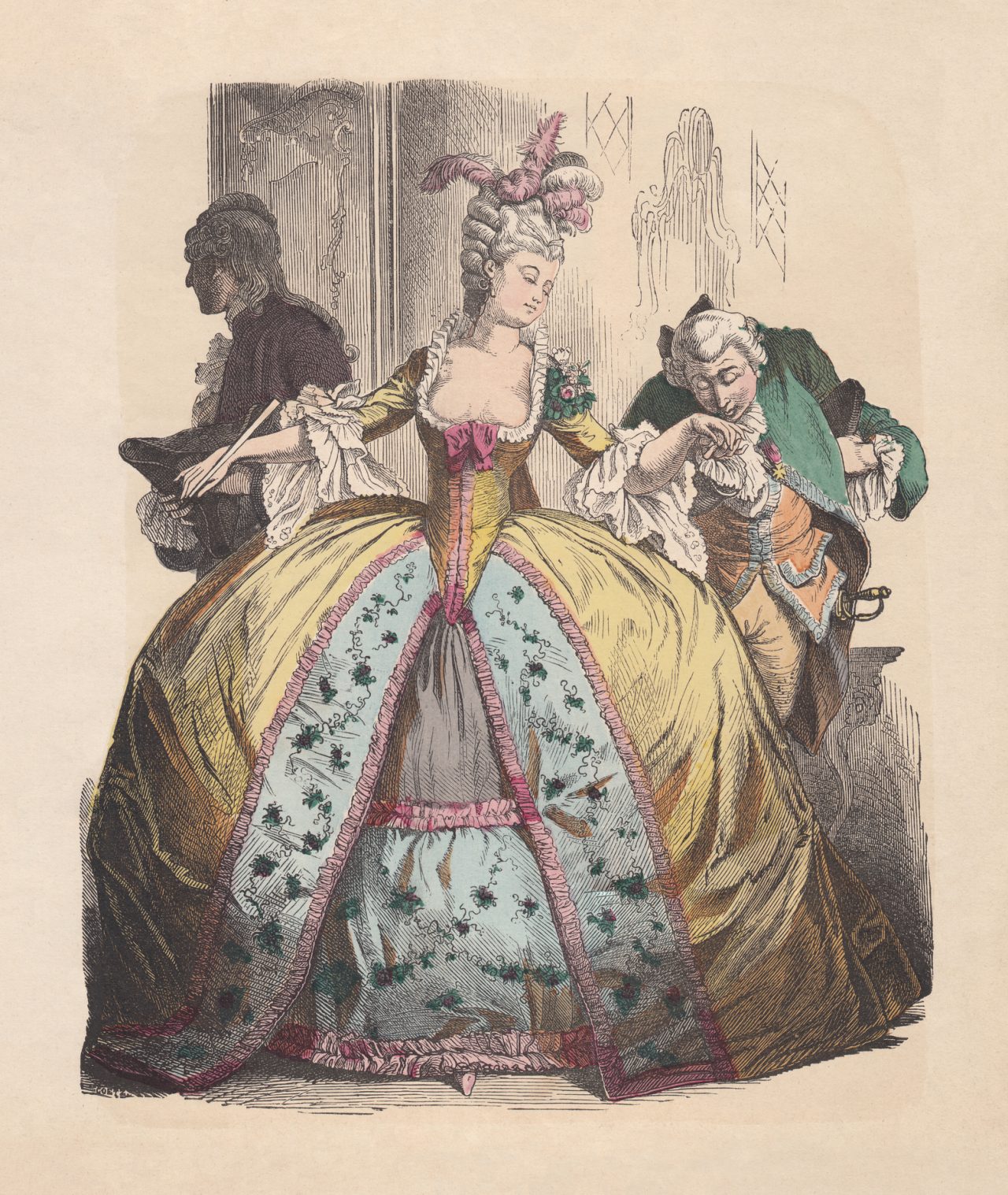
Take your breath away!
To get the right shape, you needed to get the corset really tight around your waist. The best look was if your waist was so tiny that a man could hold his hands around the waist and the fingers could touch each other. This was dangerous. The ribs could break and the lungs could also be damaged. Some people broke the bottom ribs so they could tighten the corset more. This was painful and stupid. Some fainted because they didn’t get enough oxygen.
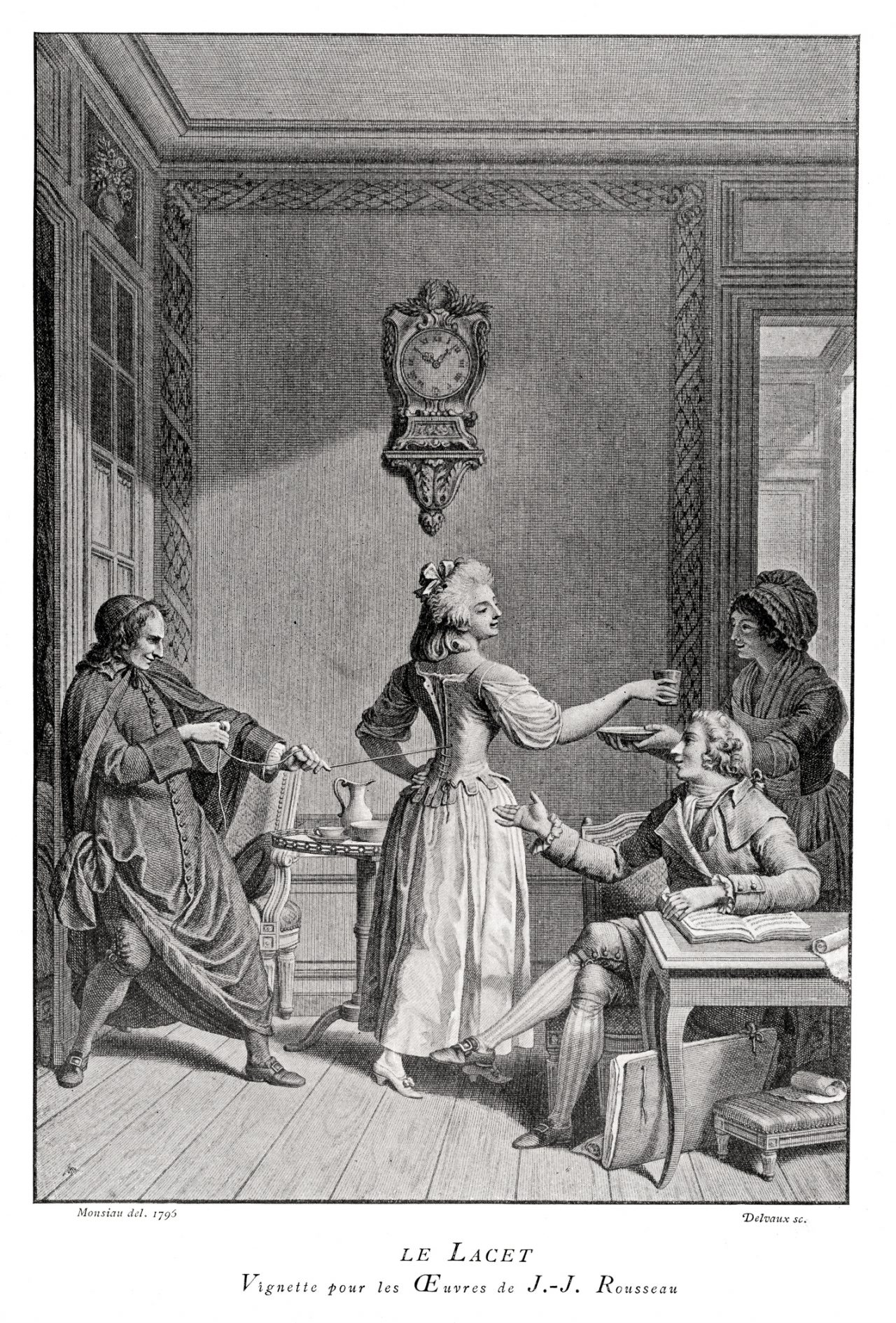
10 Dangerous Fashion Trends
Toxic makeup
Back in the day, pale skin was a sign that you were rich – the paler, the richer. Ladies made their skin paler by mixing egg whites, vinegar and different kinds of toxins. They applied it on their skin, but the skin got injured. You could also get really sick. Still, people smeared another layer on top to hide the damaged skin. It was dangerous for those who had it on, but also for the men who kissed the women on the cheeks.
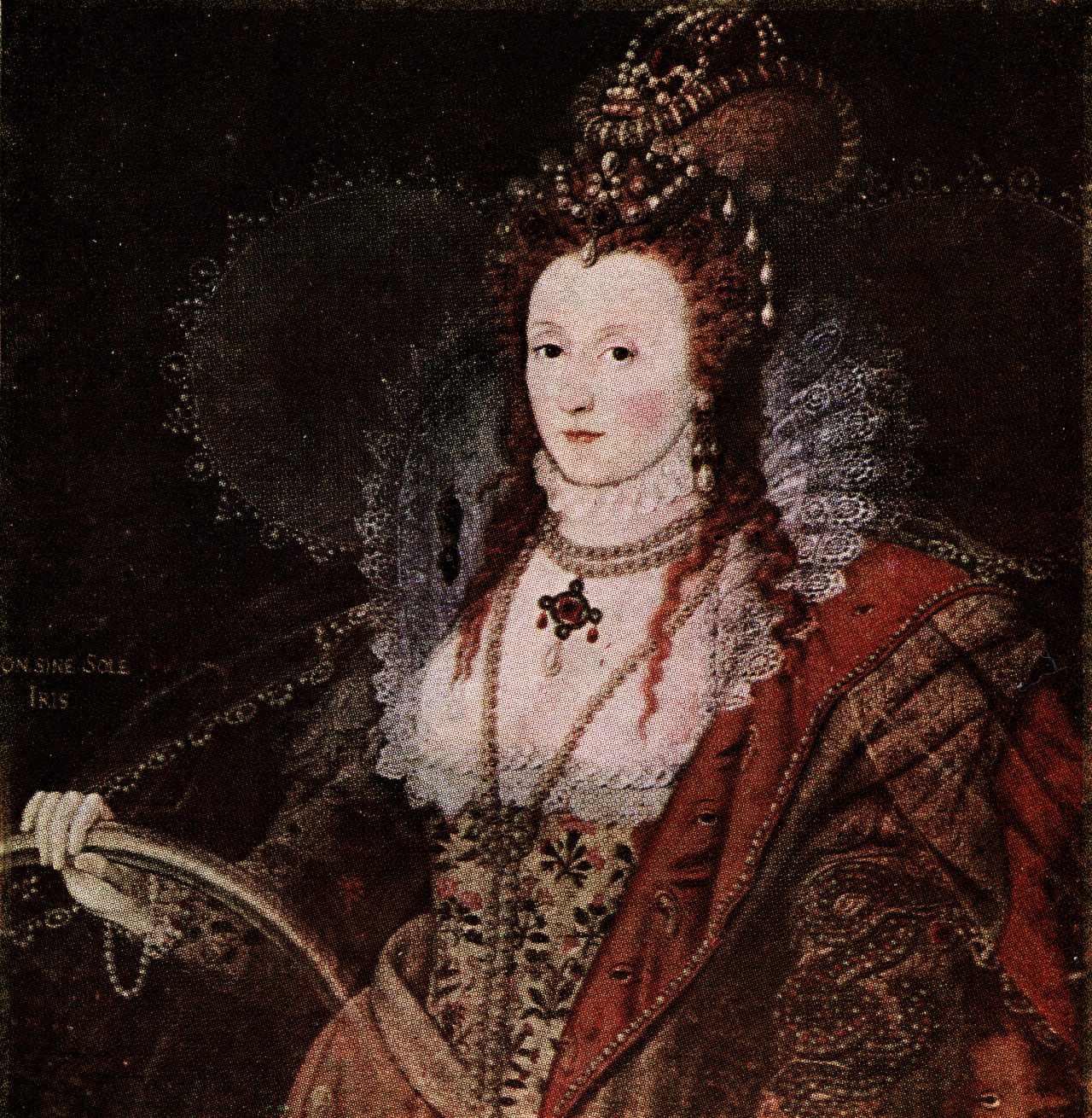
Queen Elizabeth I Makeup Tutorial
Hairstyles with butter and sugar
When the waist and face were done, all that was left was the hair. The hair had to be big and high. Artists made huge wigs for women to wear. The wigs were made from hair, sugar and butter, which was mounted around long metal sticks. They were often decorated with combs, flowers and birds. They were very expensive, so people had them on for weeks without washing them. They smelled really bad, so they put on a lot of perfume to make them smell better.
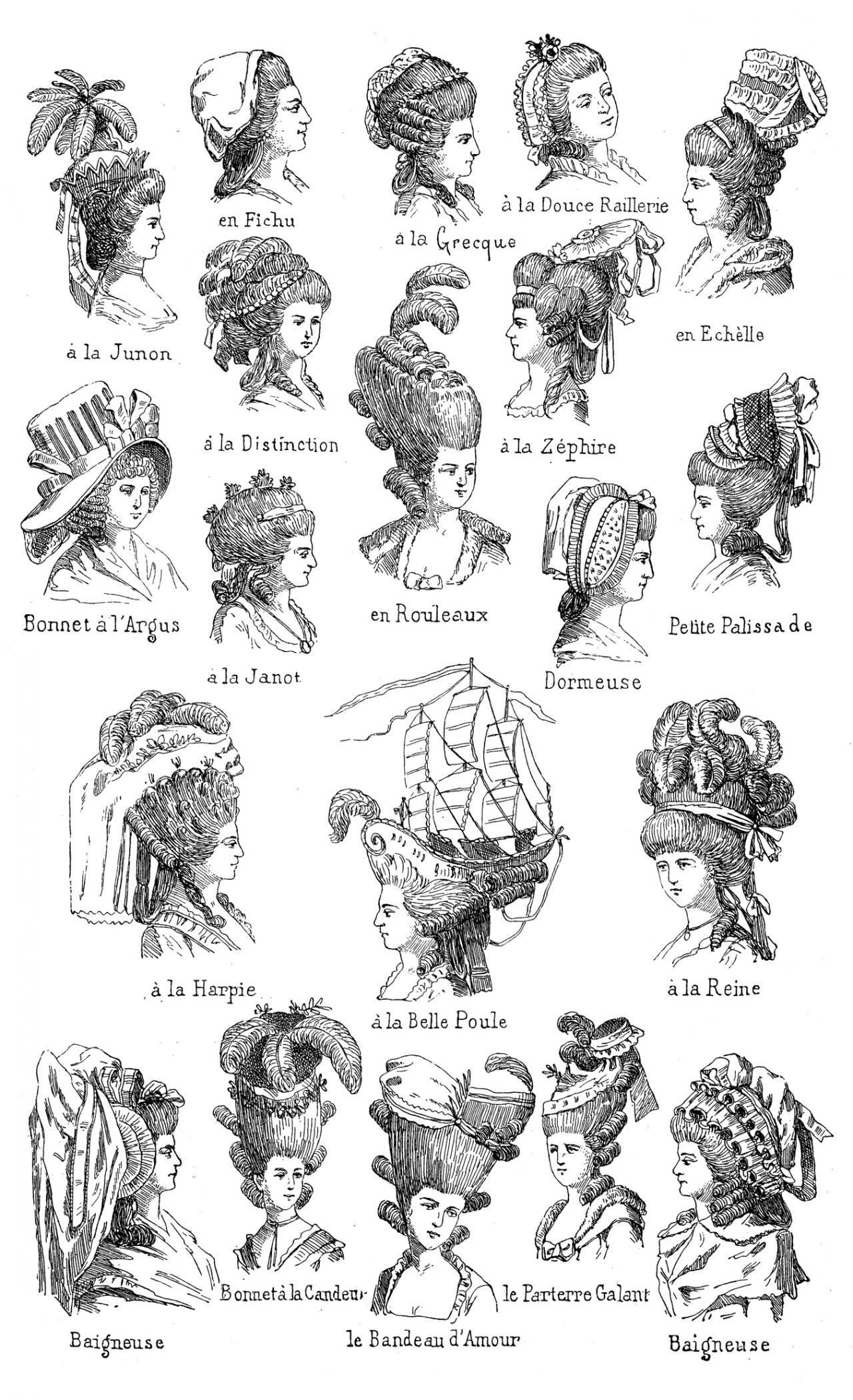
Rats in your hair?
Rats and mice found the wigs tasty. To stop them from eating the wig during the night, many built a cage where they could lay their head and hair at night. Sleeping with your head in a metal cage with rats running around couldn’t be nice. This was in addition to oxygen loss and stomach trouble from the corset, and poisoning and sores from the make-up. No pain no gain, right?
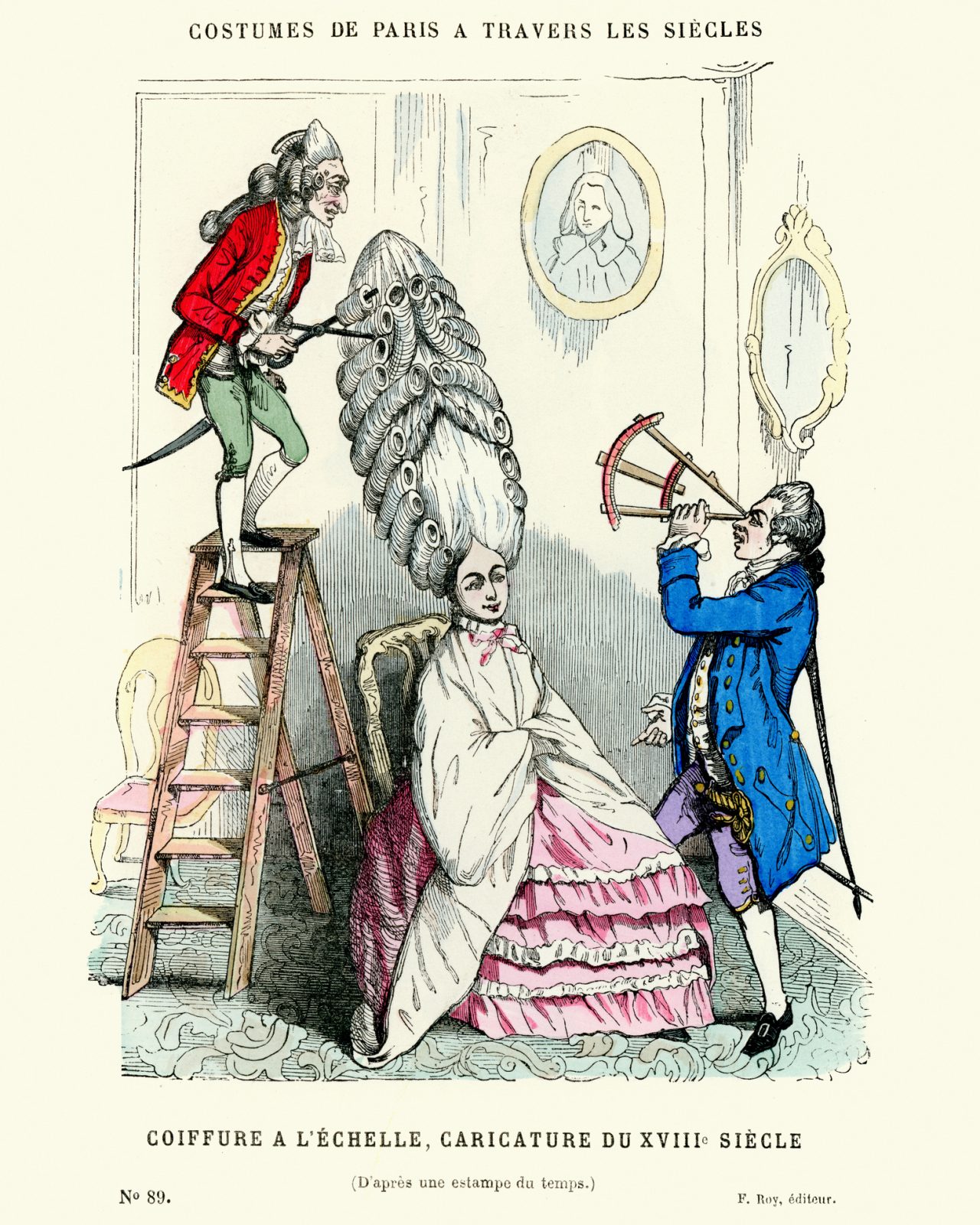
Your dress is on fire!
Now that the skin, hair and underwear were on, it was time for the dress. The dress was made up of many layers of fabric and was really big and heavy. To make it even bigger they wore several underskirts. It was heavy and hot. Some people invented a replacement for the underskirt in metal. The metal cage, however, turned the skirt into a pipe. If you came close to a candle or a fireplace, the dresses made the fire spread quickly. The huge dresses also made it easy to be caught by the wind, and be blown off cliffs.

Challenging collars
Men also had health problems following fashion. Like the ladies, they wore big wigs and had pale skin. At the end of the 19th century, it became popular for men to wear shirts with high and stiff collars. These collars were named “father killers.” The collar was so high and tight that if you bent your head forward, your throat tightened, and you could be strangled by the collar.
⬅ Sir Walter Raleigh (1552–1618) was a poet, writer and explorer, and one of the most famous profiles of the Elizabethan era (the time when Elizabeth I was Queen of England, 1558–1603).

Today’s fashion
Today’s trends are less extreme than before. But some trends can be unhealthy or dangerous. For example, in 2010, the artist Lady Gaga showed up in a dress made of meat at the MTV Music Awards. Celebrities, such as Kim Kardashian, get a lot of criticism for the way they have changed their looks in photos, and many movie stars use cosmetic procedures to look younger. Many color their hair and change their clothes to follow the latest fashion, and want to fit in with the trends.
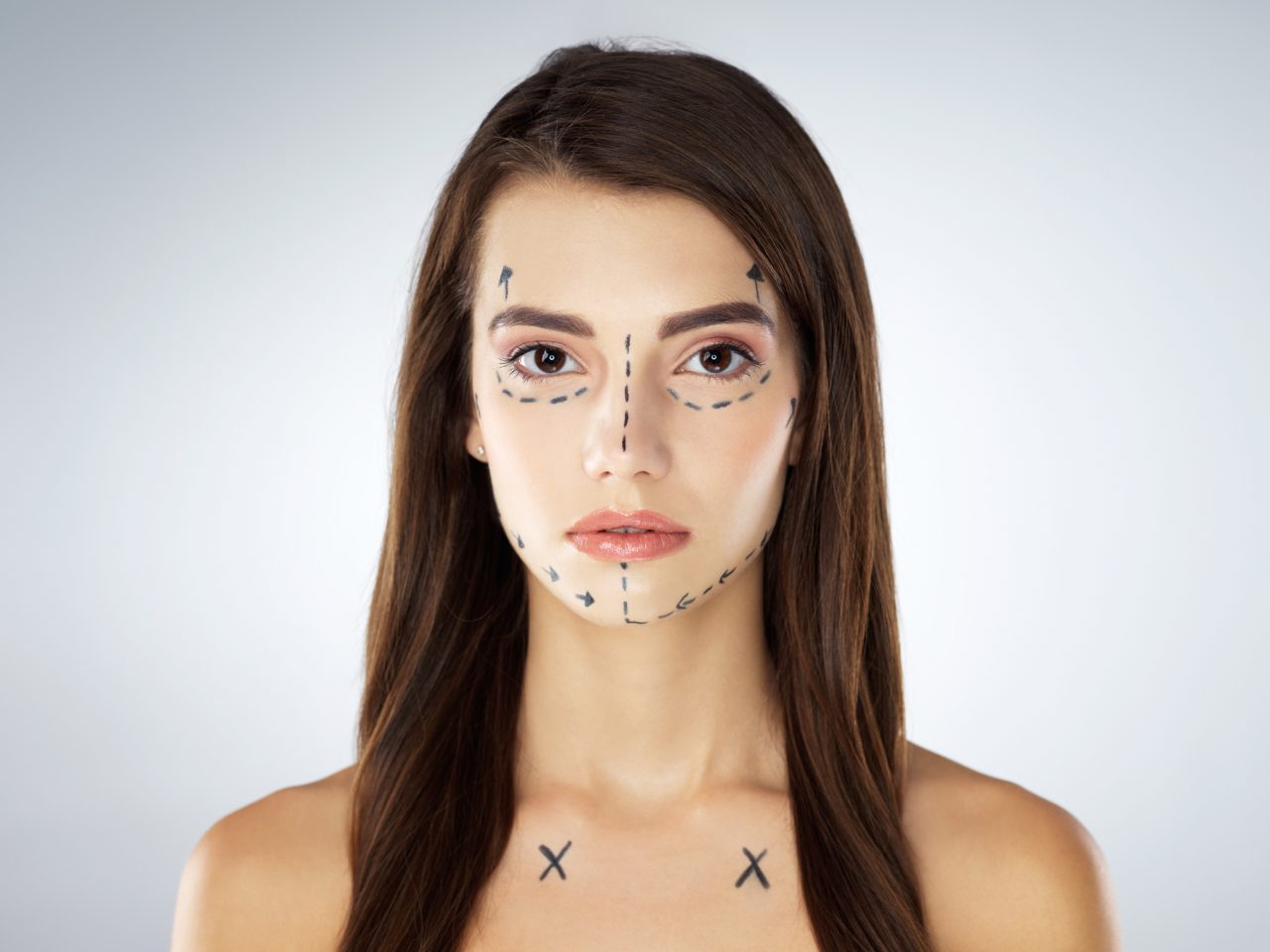
Be yourself
In the 18th century, they used mouse skin to get dark eyebrows. In the 1960s, dark brows were tattooed, and in the 1990s, brows were shaved off and replaced with a thin line of make-up. Times change, and so do trends. In a few years, the way we look now will probably no longer be modern. How far do you go to follow trends?

Fatal Fashion
Sources:
- Historie & vitenskap 2 (2020)
Orage Forlag AS
- Revelist.com (21.09.2020): The 7 most deadly beauty trends of all time
https://www.revelist.com/makeup/poisonous-beauty-ingredients/1070
- Grace Elliot (21.09.2020): Mouse-Skin Eyebrows — A Short History of Makeup
http://graceelliot-author.blogspot.com/2012/06/mouse-skin-eyebrows-short-history-of.html
- Wikipedia (21.09.2020): Walter Raleigh
https://en.wikipedia.org/wiki/Walter_Raleigh
Media rights:
-
-
Getty Images
-
Getty Images
-
Getty Images
-
SciShow – YouTube
-
Getty Images
-
English Heritage – YouTube
-
Getty Images
-
Getty Images
-
Krinoline: Ukjent / Foto: Hugo Maertens (CC BY-SA 3.0)
-
Getty Images
-
Getty Images
-
Getty Images
-
As/Is – YouTube
-
